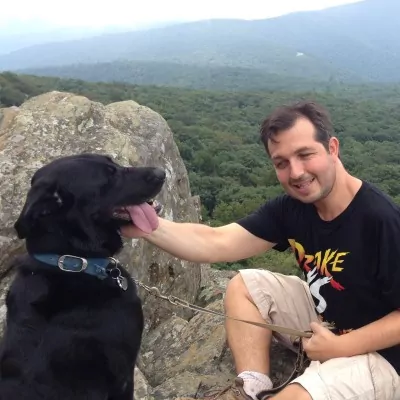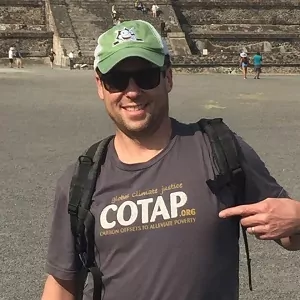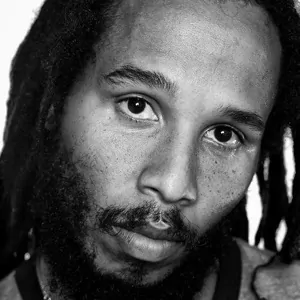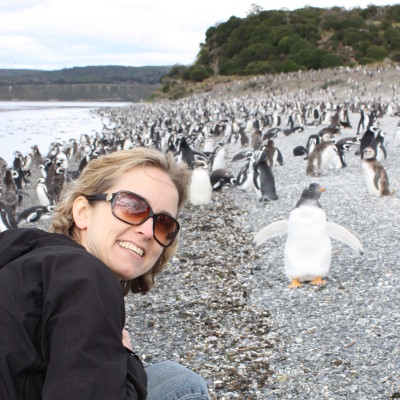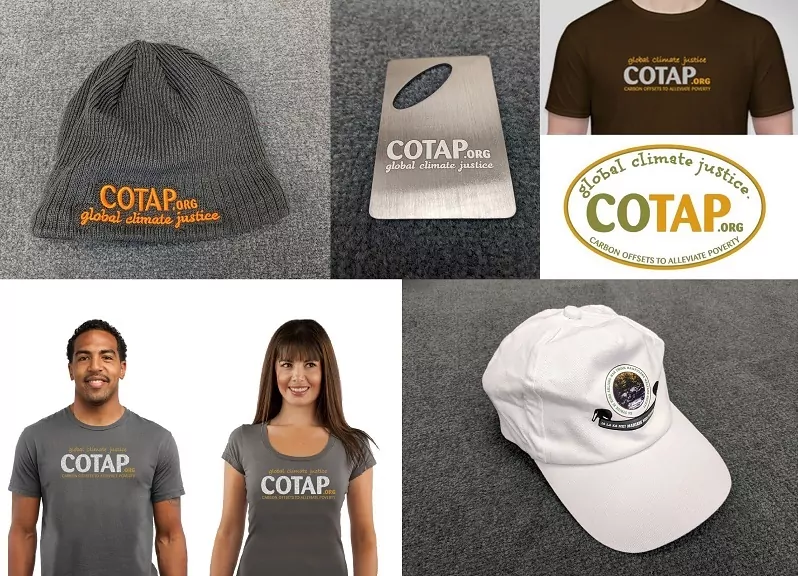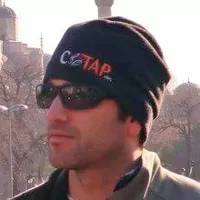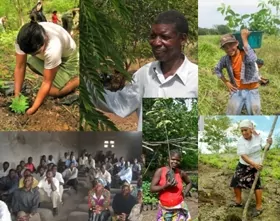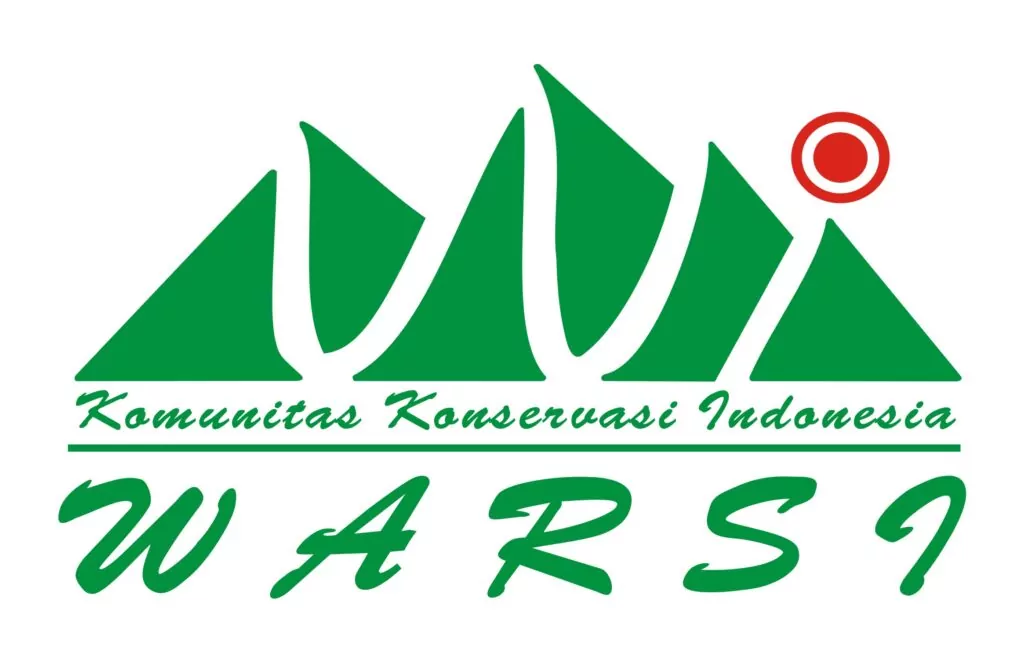Overview
COTAP is a nonprofit intermediary which pools carbon offsetting contributions over time and then periodically disburses those funds to our partner projects in Uganda, India, Fiji, and Indonesia. Those partner projects then transfer credits to COTAP, which we retire on behalf of our contributors or “Cotappers.” In contrast to many profiteering and/or speculative offsetting intermediaries that treat offsetting as a single-dimension environmental commodity, we seek to provide projects with a superior price, transparent and modest margins, and flexibility on vintage and credit delivery timing.
Where Your Money Goes and When
After we receive your donation, you’ll receive a detailed receipt like this one, which outlines how your tonnes will divided between projects. COTAP’s purchases from projects then show up on the Markit Environmental Registry like this. You can track COTAP’s progress and download projects’ annual reports, which contain details of community payments and funds received from COTAP, in our Transparency section.
Diagram of How COTAP Works (click to enlarge)
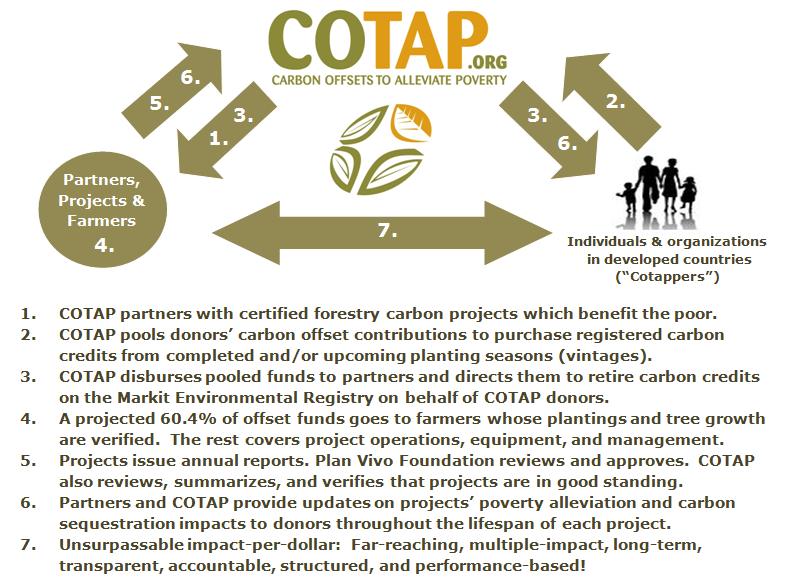
A Brief Primer On Carbon Offsets
Carbon offsets are reductions or avoidances of carbon dioxide (CO2) emissions which compensate for emissions of CO2 that occur somewhere else. Carbon offsets are tool individuals and organizations can use as they make efforts to reduce their CO2 output and to counteract the emissions which they haven’t yet been able to eliminate themselves. When you purchase carbon offsets, you are indirectly compensating others for the performing the service of 1) removing your unavoidable carbon pollution from the atmosphere or 2) undertaking activities which avoid emissions due to deforestation. Through COTAP, you’re essentially paying smallholder farmers in developing countries for planting and maintaining trees and protecting forests which capture and store your CO2 emissions.
Carbon offsets are also referred to as carbon credits. Depending on which standard they’re governed by, carbon offsets also have technical names. COTAP offsets are registered under the Plan Vivo Foundation standard and are referred to as Plan Vivo Certificates, or PVC’s. PVC’s are verified and issued in increments of 1 metric tonne (2,205 pounds) of projected CO2 sequestration, and they are tracked on the centralized Markit registry like this. Carbon credit “retirement” is the event when credits are permanently de-listed from the Markit registry on behalf of a buyer. This means they cannot be re-sold, and that’s when an offset transaction to a project, through COTAP, technically becomes official.
A Detailed Example
Here’s how tonnes from an actual transaction were allocated, with the Cotapper’s name changed to protect their privacy. On 12/6/12, Gary Swanson chose the Quick & Easy offsetting option, contributing $150 with tonnes to be allocated evenly to all COTAP projects. At the time of Gary’s transaction, COTAP’s pricing was $9.90/tonne and our project portfolio was 4 projects in Nicaragua, Uganda, Mozambique, and Malawi.
COTAP’s portfolio average donation rate is $9.90 per tonne, so 3.788 tonnes were allocated to each project. Because COTAP’s margins are 100% transparent, we know that for the Nicaragua, Uganda, Mozambique, and Malawi projects COTAP charges $8.80, $8.80, $12.10, $9.90 and pays out $8, $8, $11, and $9 respectively. Thus each project was respectively owed $30.30/$30.30/$41.67/$34.09.
The funds from Gary’s $150 offset transaction were paid out on 5/3/13, 1/16/13, 1/18/13, and 2/19/13, respectively and retirement of credits pertaining to Gary’s offset transaction occurred or will occur on 12/15/13 (not a typo!), 1/21/13, 1/28/13, and 3/15/13, respectively. 3.788 of Gary’s tonnes are supporting the Nicaragua project’s 2013 planting season or “vintage”, 3.788 tonnes were offset by Uganda’s 2011 vintage, 3.788 tonnes were offset by Mozambique’s 2010 vintage, and 3.788 tonnes were offset by Malawi’s 2010 vintage.
COTAP itself earned $13.64 on this transaction, out of which $4.65 went to Google Checkout transaction fees (we’ve since switched to 100% PayPal). COTAP tracks all of the above details each and every time someone offsets their CO2 emissions with us.
Learn More About COTAP
To learn more, please see the Mission, Projects, How It Works, How We’re Different, Transparency, and Standards sections of our site and see our above menu.



